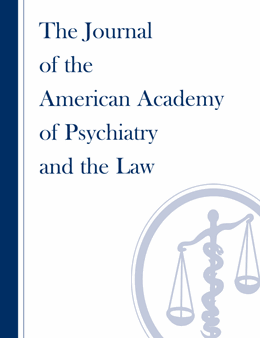If the patient is stable, which it sounds like they are (even though they are clearly very unwell), they won't qualify for involuntary treatment. Further, I only know of one place that will even accept and properly treat adult patients like this (much easier for children and adolescents). Very few inpatient psych units would accept an adult patient like this and most hospital medicine services don't want patients like this. For hospitalization, evidence of severe bradycardia, hypotension, hypoglycemia, other metabolic derangements (e.g. hypokalemia, hypomagnesemia needing IV intervention) or end organ failure/dysfunction. Interestingly, most patients do agree to treatment when they feel very sick but as they rapidly feel better they want to be discharged. I saw quite a few severe AN pts over the years in the medical setting. In general, the patients were treated without a psychiatric hold (though risk management did allow the patients to be detained when there was an imminent danger even without the hold and they were too weak to leave). The problem is that the medical teams did not want these patients, so sometimes we would have to place a psychiatric hold to prevent the medical teams discharging them due to hateful countertransference.
Also remember the treatment of severe anorexia nervosa is food. It is not inpatient psychiatry. Though superficially cognitively intact and with superficial decision making capacity, these patients (especially with a BMI of 11) tend to have significant neuropsychological impairments. Refeeding is necessary to nourish their brains enough to benefit from treatment.
It is controversial, but some of these patients do have an end stage disease and would benefit more from a palliative medicine approach as championed by Joel Yager (RIP).

